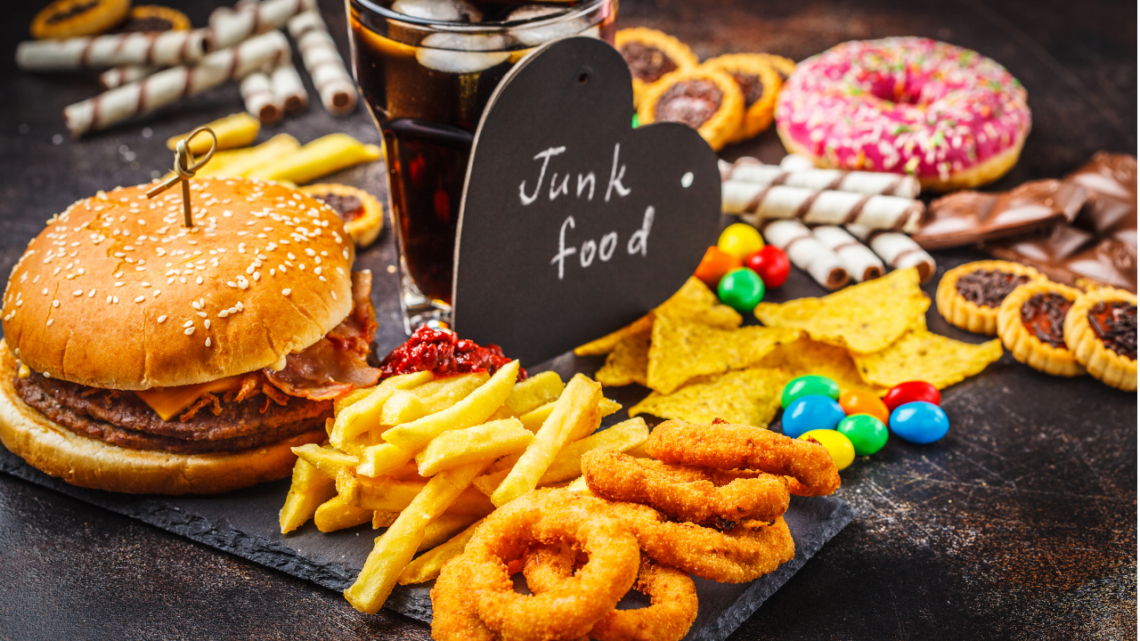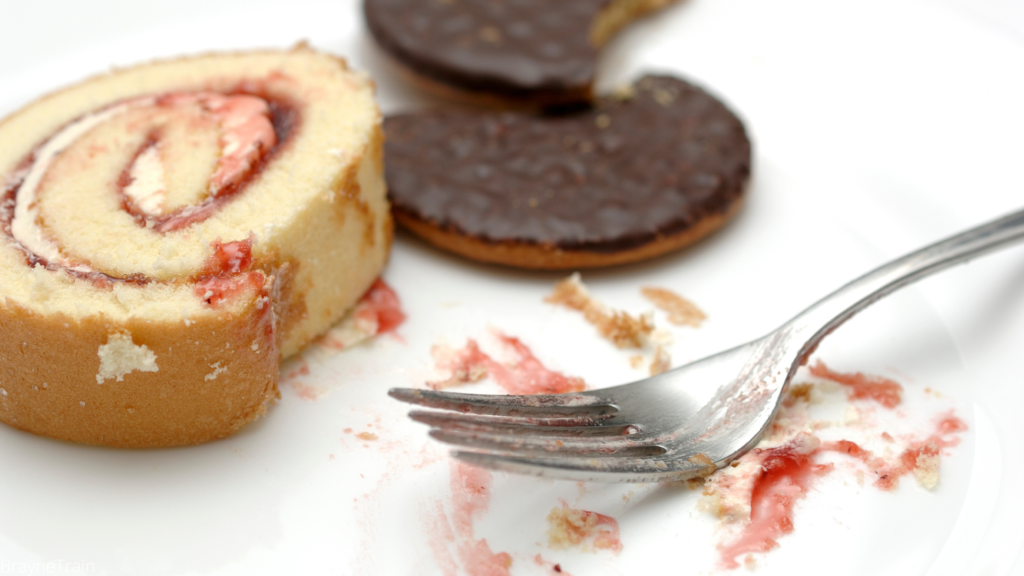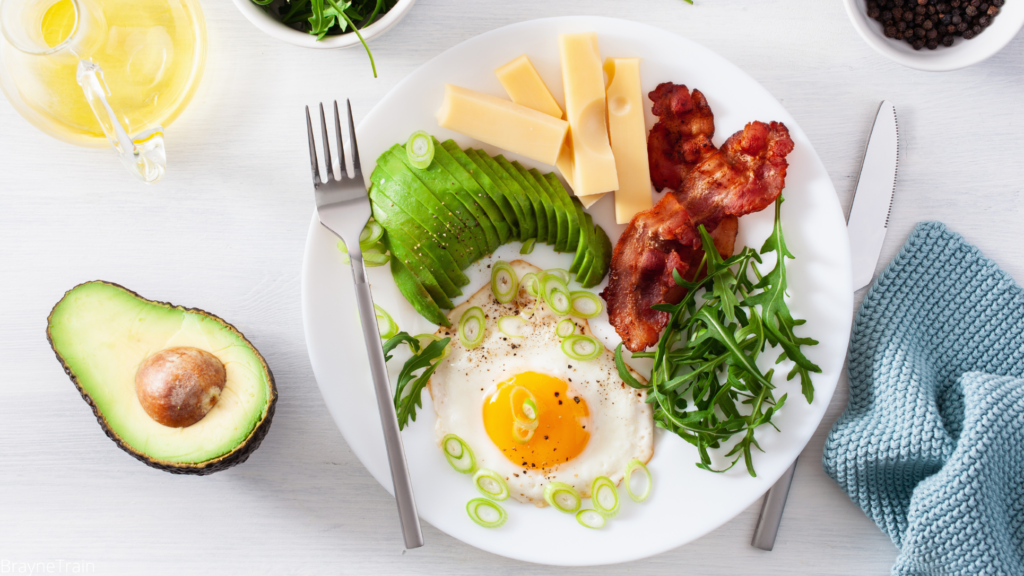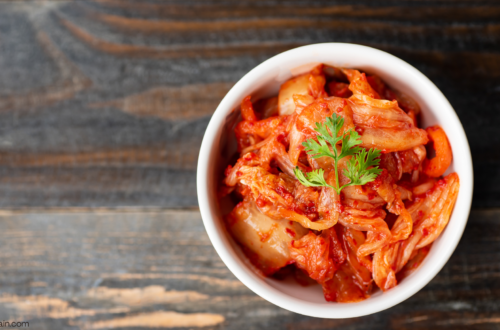
Can Keto Help Cure Binge Eating?
Obesity rates have dramatically increased over the past five years.
IBISWorld has estimated that the obesity rate among adults 18 years and older has increased annually by 1.8% to 33.0 people per 100 people. Various factors influence this increase, and binge eating disorders are among the leading causes of obesity.
This post will explain the science behind how and why a ketogenic diet can help eliminate food addiction and binge eating episodes.
Scientific evidence indicates that the Ketogenic diet can help cure binge eating disorders by stabilizing blood sugar, reversing insulin resistance, decreasing the hunger hormone ghrelin, and reducing hunger and cravings. If done correctly and consistently, keto can help eliminate food addiction and binge eating.
Keto is a powerful natural tool for treating food addiction and obesity.
Continue reading to learn more about the science behind the ketogenic diet and why it can get rid of your binge eating.
What Causes Binge Eating and Food Addiction?
The underlying causes of food addiction and binge eating are physiological and psychological.
Physiological Reasons Behind Binge Eating.
Dopamine is often called the feel-good hormone, but dopamine is a neurotransmitter released in the brain when you feel pleasure.
Carbohydrates and sugar can create higher dopamine spikes than other food groups. That is why you never enjoy eating broccoli as much as eating a piece of chocolate cake.
The anticipation of the reward, going to the grocery store and buying that piece of chocolate, also spikes dopamine. However, it is short-lived.

Dopamine spikes are typically temporary and last anywhere from a few seconds to a few minutes.
That’s why the first few bites of that chocolate cake taste better than the last few. Once the anticipation is gone, so is the dopamine spike.
Over-stimulating the dopamine response by eating junk food regularly will increase the dopamine threshold.
Increasing the dopamine threshold means you will need more and more of the trigger, junk food, in order to feel the same pleasure you initially felt.
Over time the constant triggering of dopamine can become a vicious cycle and creates an addiction to the trigger; junk food.

Psychological Reasons Behind Binge Eating.
Food addiction is a common coping mechanism many individuals develop due to their childhood trauma or other life events that caused them harm.
Eating junk food and the dopamine spike gives a temporary and false sense of comfort and satisfaction.
Once the dopamine level drops, after only a few minutes, the individual will look for their next dopamine hit by eating more junk food, causing the binge eating disorder.
Overcoming the psychological triggers of food addiction is just as important as following a healthy diet.
What’s important to know is that conquering food addiction and binge eating takes time.
Do not be hard on yourself. Don’t judge yourself; don’t expect to defeat the addiction overnight.
Meditate:
Meditation is a powerful tool for healing the inner child and overcoming the temptation for binge eating.
Therapy:
Talking to someone, such as a therapist or psychologist can be helpful in resolving the underlying trauma that caused your binge eating disorder.

How Can Keto Cure Binge Eating & Food Addiction?
Ketosis kills Cravings
The ketogenic diet pushes the body into ketosis, a state in which the body begins using its fat instead of sugar.
Ketosis raises the CCK (cholecystokinin) levels, causing hunger and cravings to disappear.
Over time the cravings for junk food will go away.
Stabilizes Blood Sugar.
When you consume carbohydrates, your blood glucose levels rise causing an insulin spike.
Insulin removes glucose from the blood system and puts them in cells.
With the glucose gone, you will experience the so-called “Sugar Crash”, as a result, the body craves more sugar to help increase the blood glucose, causing you to crave more carbohydrates and junk food.
The low carbohydrate nature of the keto diet means fewer insulin spikes. Over time, the insulin levels stabilize, and so does the blood sugar.
As Insulin sensitivity increases, the sugar cravings will decrease.
Hunger Disappears.
Also, with lower insulin, the hunger hormone ghrelin drops as well. The lower the ghrelin hormone, the less hungry you will be.
Less hunger, over time, will help you manage your food addiction and binge eating better.
A study published in The International Journal of Environmental Research and Public Health concluded: “Recent findings have highlighted the potential therapeutic role of ketogenic diets for the treatment of addiction to high-calorie, ultra-processed, and high-glycemic food. Our pilot study demonstrates the feasibility of a ketogenic diet in women with addictive-like eating disorders seeking to lose weight.”
https://doi.org/10.3390/ijerph182312802
But remember that resolving the psychological issue behind your binge eating is just as important as treating the actual cravings. Therapy and meditation are both great tools for curing your binge eating behavior.
Here are 13 Steps to Help Take Back Control of Your Eating Habits:
- Start with a 16-20 hour fast to clean your body from all sugar and carbohydrates.
- Clean out your fridge. (get rid of all junk food)
- Drink plenty of water.
- Start your Ketogenic diet (high fat, low carb, moderate protein.)
- Cut your carbohydrate intake to less than 20g per day.
- Have Keto-friendly snacks available in case of hunger. (nuts, nut butter, olives, avocado, pork rinds, etc.)
- Get enough sleep.
- Take enough salt and electrolytes.
- Take enough B1 vitamins to help fight anxiety.
- Seek help from a therapist or a psychologist to help find out the underlying reason for your food addiction.
- Meditate 5-10 min daily.
- Don’t give up; if you fail the first time, get back up and try again.
- Persistence is key.
Disclaimer: If you have any medical conditions, make sure to check with your doctor before attempting any new diet or fasting regimen.
Takeaway
Keto may be the way to go if you’re struggling with binge eating. Do your research about keto, and once you start, make sure to take your time and stay consistent. Try combining intermittent fasting with the ketogenic diet for best results. Soon, you will be in control of your eating habits and have your life back. Have you tried Keto? And if not, will you give it a try? Comment and let us know!
References:
- Rostanzo E, Marchetti M, Casini I, Aloisi AM. Very-Low-Calorie Ketogenic Diet: A Potential Treatment for Binge Eating and Food Addiction Symptoms in Women. A Pilot Study. Int J Environ Res Public Health. 2021;18(23):12802. Published 2021 Dec 4.
- Anguish KO, Syed-Abdul MM, Hu Q, Jacome-Sosa M, Heimowitz C, Cox V, Parks EJ. Changes in Food Cravings and Eating Behavior after a Dietary Carbohydrate Restriction Intervention Trial. Nutrients. 2019 Dec 24;12(1):52. doi: 10.3390/nu12010052. PMID: 31878131; PMCID: PMC7019570.
- Kahathuduwa CN, Binks M, Martin CK, Dawson JA. Extended calorie restriction suppresses overall and specific food cravings: a systematic review and a meta-analysis. Obes Rev. 2017 Oct;18(10):1122-1135. doi: 10.1111/obr.12566. Epub 2017 May 30. PMID: 28557246; PMCID: PMC6226249.
- Meule A. The Psychology of Food Cravings: the Role of Food Deprivation. Curr Nutr Rep. 2020 Sep;9(3):251-257. doi: 10.1007/s13668-020-00326-0. PMID: 32578025; PMCID: PMC7399671.
- Rostanzo E, Marchetti M, Casini I, Aloisi AM. Very-Low-Calorie Ketogenic Diet: A Potential Treatment for Binge Eating and Food Addiction Symptoms in Women. A Pilot Study. Int J Environ Res Public Health. 2021 Dec 4;18(23):12802. doi: 10.3390/ijerph182312802. PMID: 34886528; PMCID: PMC8657275.




